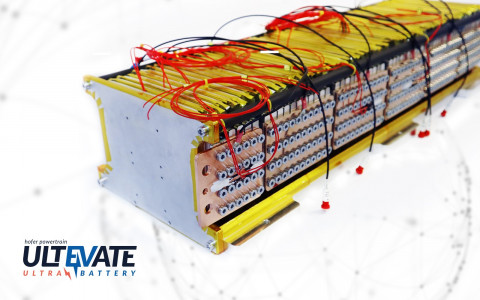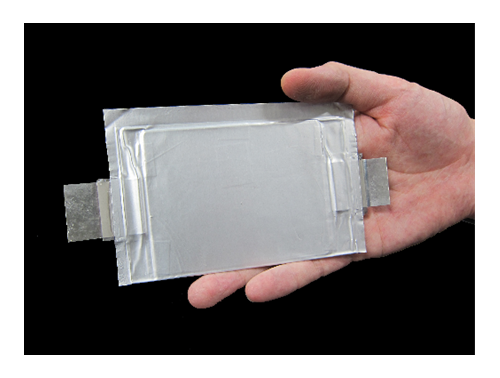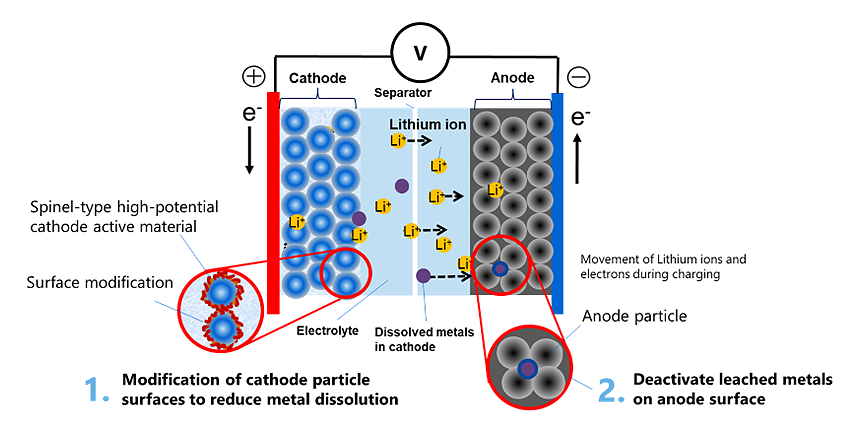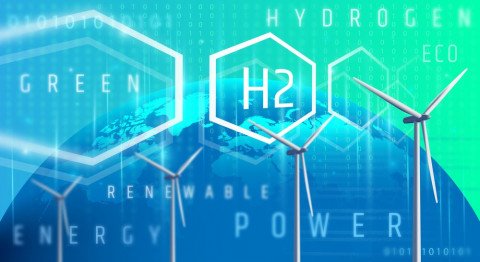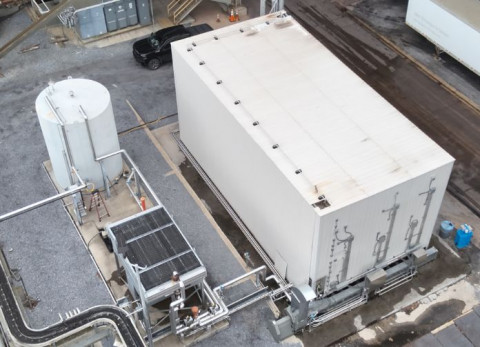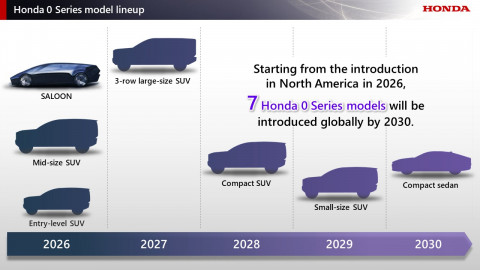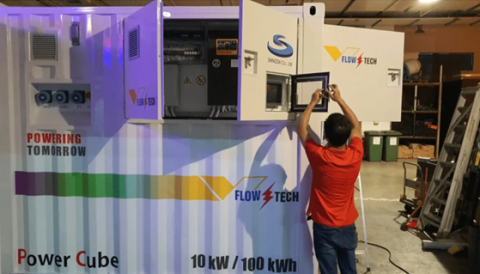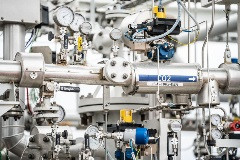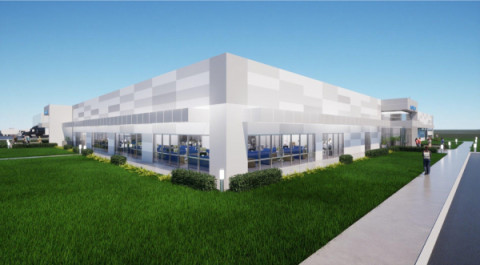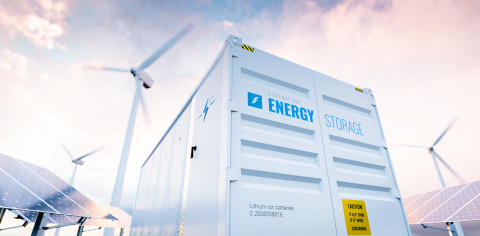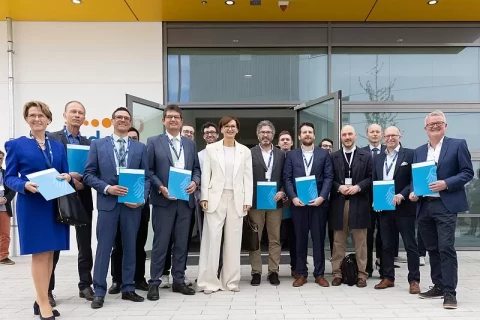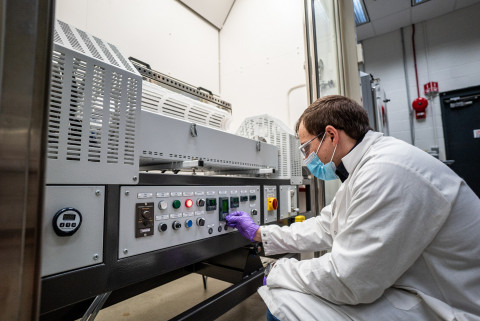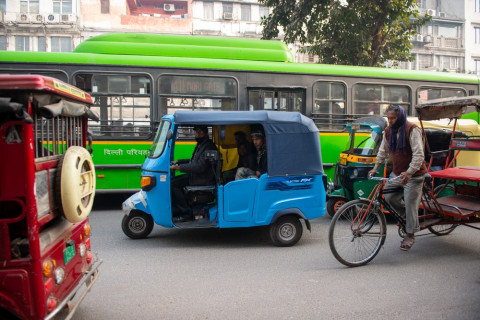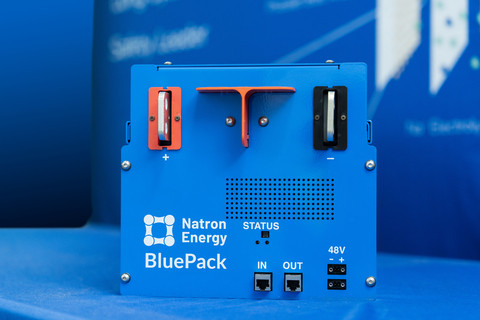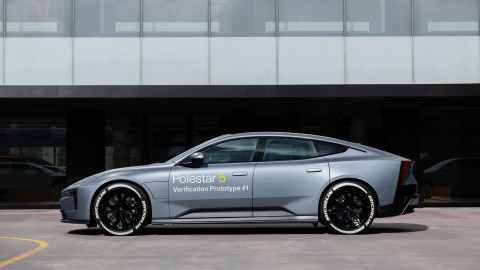Toshiba develops li-ion battery with cobalt-free 5V-class cathode
Toshiba Corporation has developed a new iteration of lithium-ion battery using a cobalt-free 5V-class, high-potential cathode material, which can be suited for a variety of applications - from power tools to electric vehicles.
The cathode significantly suppresses performance-degrading gases produced as side reactions, thus guaranteeing high-voltage and high-power performance, claims the Japanese company, which presented the technology at the recently held Battery Symposium of Japan in Osaka.
Moreover, the new battery composition further carbon neutrality and circular economy, as battery cathode is free of cobalt and contains less nickel, making it a superior solution in terms of cost and resource conservation.
It is to be noted that cobalt and nickel are widely used to stabilize the cathodes of lithium-ion batteries. Cobalt is a rare metal that is muddled with cost stability and supply-chain reliability risks, while nickel's prices are high volatile in recent times, thereby affecting the cost of batteries.
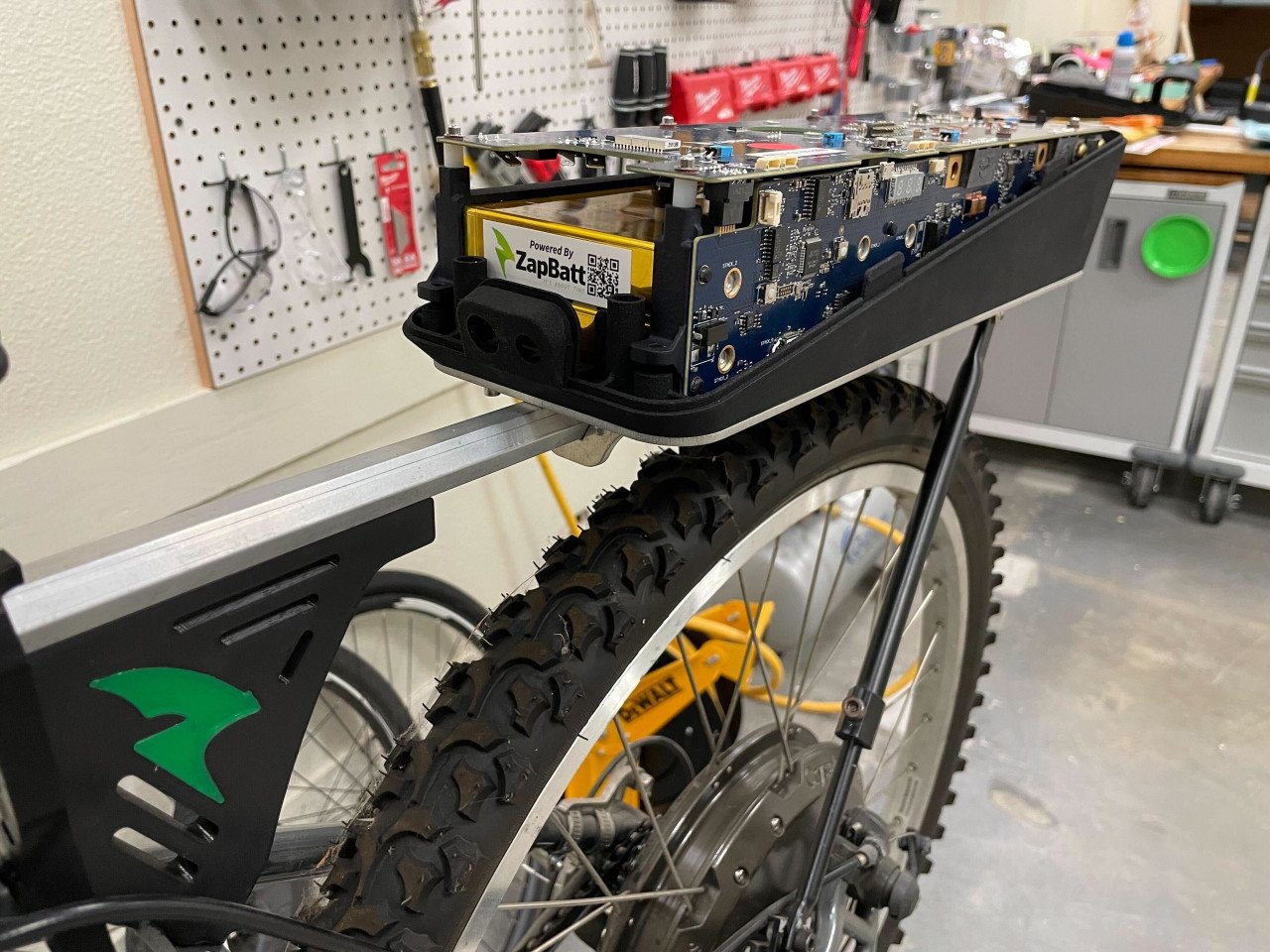
ZapBatt, Toshiba collaborates for LTO battery tech for micro-mobility -
For EV applications, one of the main markets for lithium-ion batteries, efforts are underway to increase battery pack voltages, a move that will shorten charging times, improve the efficiency of on-board electronics, and increase battery output.
Further, higher voltage battery cells will cut the number of cell stacks required in battery modules and lower costs. Nickel manganese oxide (LNMO) realizes a high-potential cathode that is cobalt-free with low nickel content, and is seen as a strong candidate for a future cathode in lithium-ion batteries.
However, LNMO's high working potential oxidizes battery electrolyte, decomposing it into gas, which produces significant battery swelling and shortens service life. Toshiba's technology has modified the surface of cathode particles, effectively suppressing the reaction with the electrolyte.
The company's technology also deactivates the transferred ions on the anode surface. Together, the gas generation is successfully suppressed, even with a conventional high conductivity electrolyte, according to Toshiba.
The new technology was evaluated with a prototype 1.5Ah-class pouch battery with an NTO anode. Tests of the battery has found a high voltage of 3V or higher, fast charging to 80 percent capacity in 5 minutes, durability of 80 percent or above after over 6000 charge/ discharge cycles, and excellent lifetime characteristics even at a high temperature of 60°C, adds the company.
Toshiba is apply this battery in power tools, industrial equipment, and other applications where small size and high voltage is at a premium. Later on, the company aims to develop larger modules for in-vehicle applications, with commercialization targeted in 2028.
